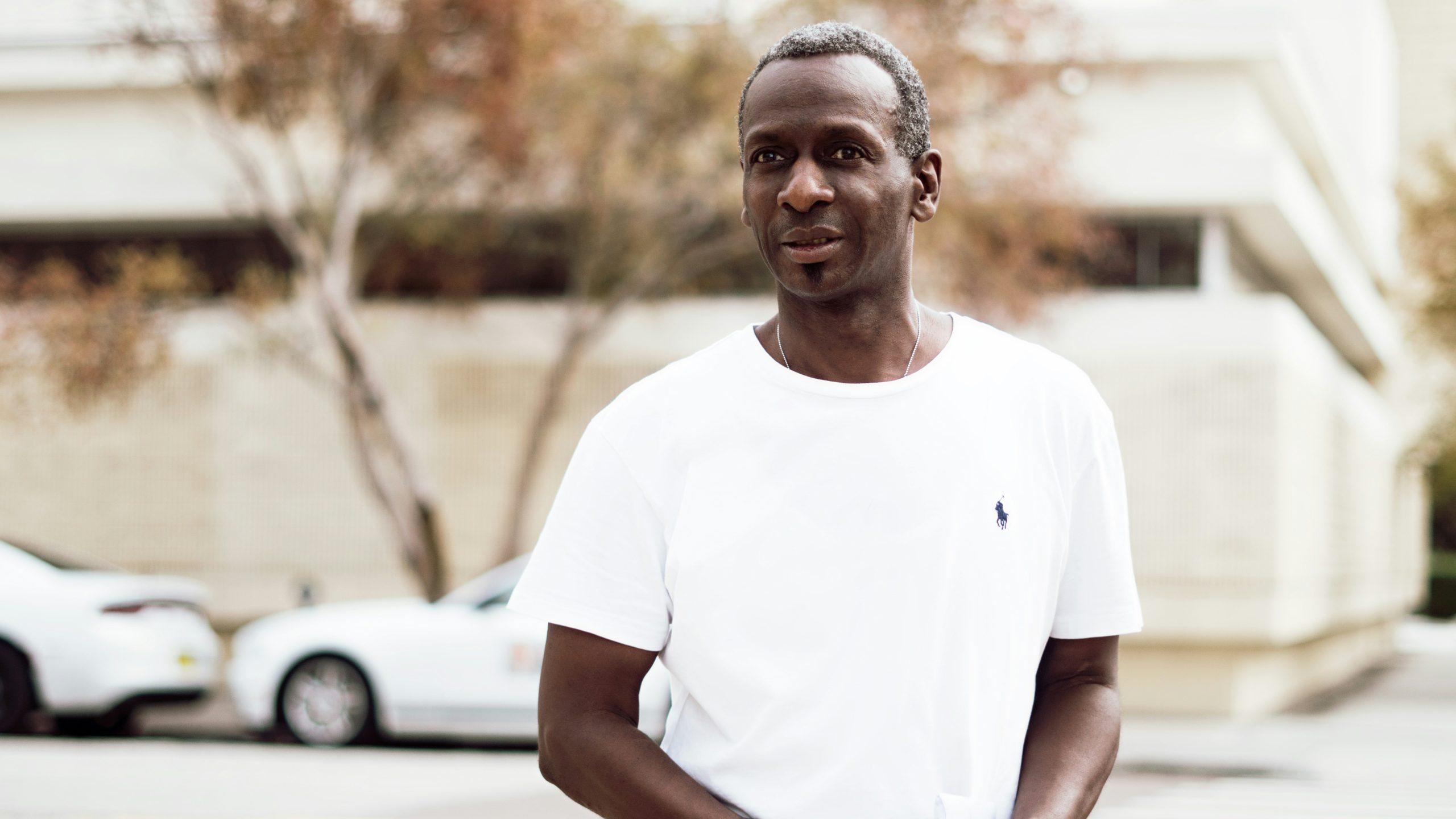By Traciana Graves
Photo By Cherosi
Opening Notes from Traciana
I’ve held space for thousands of conversations that begin the same way: “I should be grateful. I have everything I thought I wanted. So why do I feel so empty?” This confession always comes softly, almost ashamed, as if admitting loneliness somehow invalidates their achievements. It doesn’t. It reveals a truth we desperately need to discuss.
—Traciana
The Numbers Don’t Lie
Seventy-two percent of entrepreneurs report struggling with mental health problems, including depression, ADHD, and substance abuse. Over fifty percent of CEOs feel lonely, with sixty-one percent believing this loneliness directly affects their performance. Forty-six percent of entrepreneurs struggle with feelings of isolation and loneliness.
These aren’t abstract statistics. They represent the people sitting across from me in coaching sessions, the voices I hear in leadership circles, the brilliant minds who’ve learned to excel at everything except being truly seen. Behind every percentage point is someone who achieved what they thought would fill the void, only to discover that success without connection feels remarkably hollow.
Why Being “The Strong One” Creates Isolation
High achievers face a particular vulnerability: the very traits that drive success often create the conditions for isolation. We learn early that strength means self-reliance, that competence requires having answers rather than questions, that leadership demands projecting certainty even when we feel lost.
You become so skilled at being what others need that you forget what you need. Or worse, you convince yourself that needing anything at all somehow diminishes your strength. The mask becomes so sophisticated that even you sometimes forget you’re wearing it.
I watch this pattern repeatedly: brilliant leaders who can navigate complex business challenges but feel completely lost when asked what they actually want. Who can inspire teams but feel uninspired in their own lives. Those who have mastered the art of external achievement while becoming strangers to their internal experience.
The Efficiency Trap That Kills Connection
High achievers fall into what I call the efficiency trap, believing relationships should be as optimized as everything else. Vulnerability feels inefficient. Asking for support feels like a burden. Admitting uncertainty feels like failure.
This creates a peculiar form of isolation where you’re surrounded by people who know your accomplishments but not your fears, who see your competence but not your confusion, who rely on your strength but never witness your moments of doubt or exhaustion.
The relationships become transactional:
- People come to you for what you can provide rather than who you are
- You attract those who need fixing rather than those who can meet you as an equal
- Connection becomes about your utility rather than your humanity
- Conversations center on problems to solve instead of experiences to share
When you’ve built your identity around being needed rather than needing, authentic connection becomes foreign territory. You know how to give support but struggle to receive it. You’re comfortable being the solution but uncomfortable having problems that require support.
The Invisible Fracture
There’s a moment in every high achiever’s journey when success begins to feel hollow. You’ve checked the boxes, reached the milestones, earned the recognition, and discovered that achievement without authentic connection leaves you feeling like a stranger in your own life.
This fracture between public success and private experience creates what I call “successful loneliness”—a particular kind of isolation that’s hard to name because it looks like winning from the outside. You feel guilty for wanting more when you “have everything.” You question your own feelings because your life appears enviable to others.
But the ache is real. The longing to be truly seen, not just admired, is valid. The exhaustion from carrying everyone else’s needs while minimizing your own is breaking something essential inside you.
What the West African Tradition of Teranga Teaches About Sacred Hospitality
In West African traditions, there’s a concept called teranga that roughly translates to sacred hospitality. But teranga is far more than opening your door to guests—it’s the deep understanding that every human being, regardless of their status, achievements, or apparent strength, requires to be received with warmth, care, and genuine welcome.
Teranga recognizes something our efficiency-obsessed culture has completely forgotten: that receiving care is not weakness but wisdom, that needing others is not failure but fundamental humanity. Under teranga, even the most accomplished person in the village still needs to be seen, welcomed, and held by their community.
This ancient understanding reveals how far we’ve drifted from natural human rhythms. In communities that practice teranga, there’s no such thing as being “too successful” to need care, “too strong” to require comfort, or “too accomplished” to deserve genuine welcome. The idea that achievement should make you immune to human needs would be seen as not just misguided, but spiritually dangerous.
Teranga teaches that the more responsibility you carry, the more you need to be held by your community. The higher your status, the more essential it becomes that people see and tend to your humanity. Success doesn’t exempt you from needing belonging—it makes belonging even more crucial for your sustainability and wisdom.
In West African communities, there’s an understanding that the strongest among them often carry the heaviest burdens and therefore need the most care. The village chief who makes difficult decisions all day still needs someone to ask about their dreams, their fears, their hopes for their children. The healer who tends to everyone else’s wounds still needs their own cuts cleaned and bandaged.
This approach directly contradicts everything our culture teaches about success and self-sufficiency. We’ve created a mythology of isolated achievement, the self-made individual who needs nothing from anyone, but this isn’t just unsustainable—it’s unnatural and, according to teranga wisdom, spiritually dangerous.
How to Apply Teranga Principles to Your Life
The fracture you feel between outer success and inner fulfillment isn’t personal failure—it’s what happens when you live in violation of teranga principles. The ache you feel for genuine connection isn’t greed or ingratitude—it’s your soul recognizing that you’ve been deprived of the sacred hospitality that every human requires to thrive.
Breaking the pattern of sophisticated isolation requires tremendous courage, not the kind that builds empires or closes deals, but the more vulnerable courage that allows yourself to receive teranga—sacred hospitality for your whole self, not just your achievements.
This means shifting from performance to presence:
- Admitting when you’re struggling instead of powering through alone
- Asking for what you need instead of pretending you don’t need anything
- Showing up as human rather than superhuman, even when others prefer the latter
- Remembering that you, too, deserve sacred hospitality for your whole self
Start with one person. One relationship where you experiment with being more truthful about your inner experience. One space where you practice receiving instead of only giving. One conversation where you share not just your victories but your vulnerabilities.
The goal isn’t to become weak or dependent. It’s to remember that teranga—sacred hospitality—isn’t something you only give to others. It’s something you deserve to receive, regardless of how successful, capable, or strong you appear to be.
The Invitation Beyond Achievement
You don’t have to choose between success and authentic connection. But you do have to challenge the belief that strength means isolation and that needing others somehow diminishes your worth.
The loneliness you feel isn’t a personal failing—it’s a natural consequence of trying to live in a way that goes against teranga principles and your fundamental human design. You were never meant to carry everything alone. Your strength was never supposed to require your isolation.
The very things that make you excellent at achieving can also create the connections you long for when you’re willing to share them authentically rather than perform them perfectly.
The loneliness epidemic among high achievers is exactly why I created Hustle Detox Live virtual gatherings and our One Sound On in-person experiences where you can finally practice true teranga—sacred hospitality for your whole self. These aren't networking events or professional development sessions. They're spaces where the mask can come off, where your humanity gets to be held alongside your achievements. Join Letters from Traciana for updates on upcoming gatherings where connection happens without performance, where you can remember what it feels like to be welcomed for who you are, not what you do.
About the Author Traciana Graves is the founder of Happiness 360® and creator of Fearless Listening®. Her work explores the intersection of ancient wisdom and modern transformation, supporting individuals in creating lives of authentic meaning and sustainable well-being.






















0 Comments for “The Loneliness Epidemic No One Sees: 72% of High Achievers Are Drowning in Plain Sight”